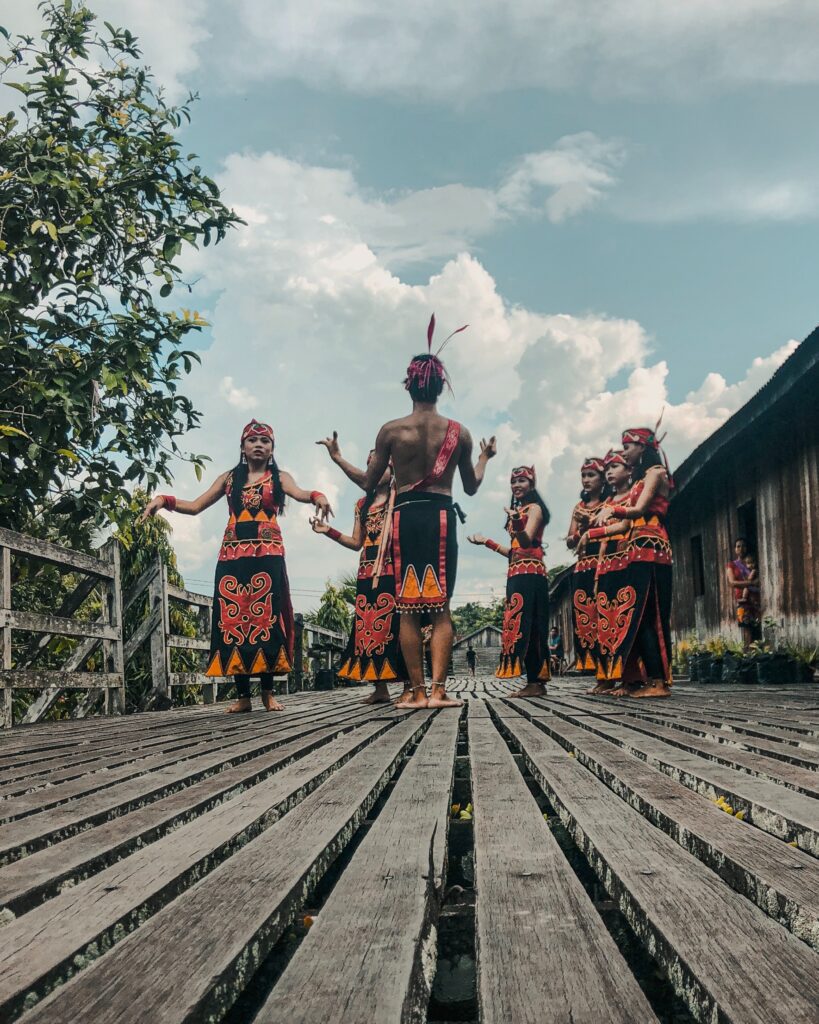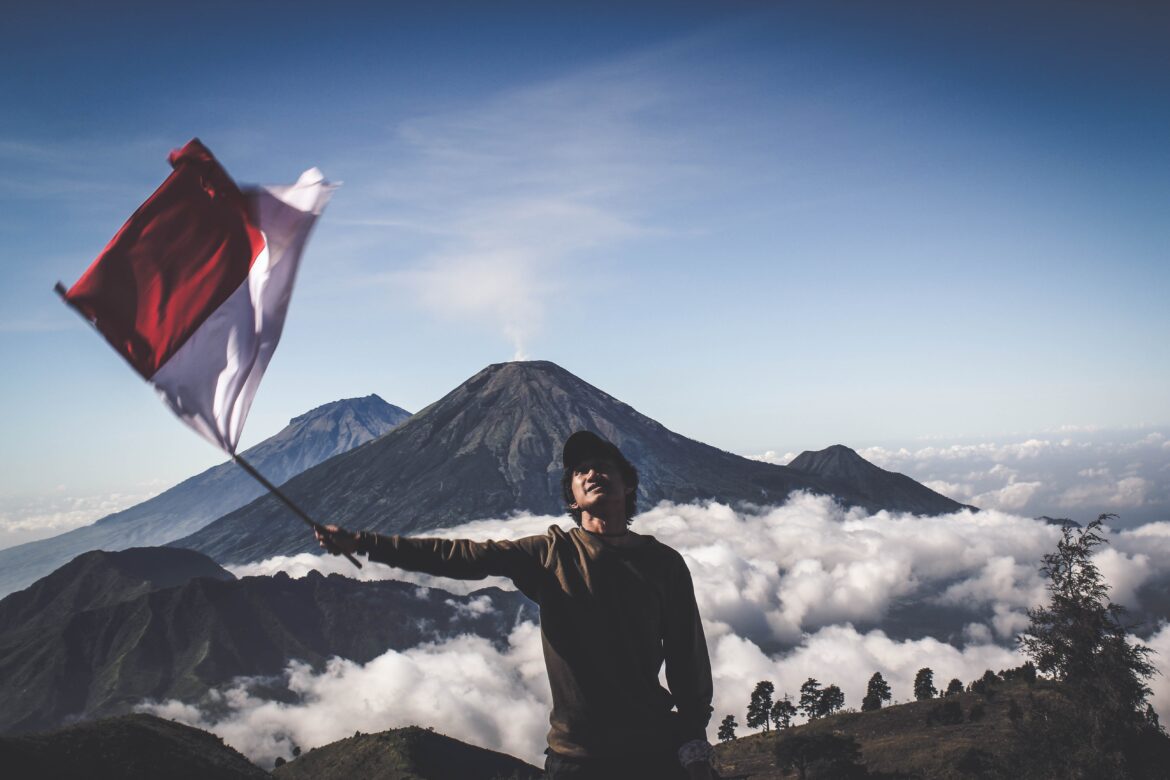Facts you should adhere to before visiting Indonesia
- About Indonesia
- Travel Visa Requirement in Indonesia
- Traditional Dance and Music
- How to Reach Indonesia
- How to get around Indonesia
- Best Time to go to Indonesia
- Money and Banks
- Medical Care and Emergencies
- Crime and Safety
- Accommodation in Indonesia
- Food and Drinks in Indonesia
- Activities in Indonesia
- Culture of Indonesia
About Indonesia
- Size- The Indonesian archipelago is vast, with more than 17,000 islands spread across 5200 kilometers between Asia and Australia.
- Population- The largest Muslim population in the world, with 255 million.
- Diversity- More than 500 languages and dialects are spoken throughout the islands, demonstrating the nation’s fantastic ethnic, cultural, and linguistic variety.
- Wildlife- The biodiversity of Indonesia is equally impressive, ranking the archipelago among the world’s 17 “megadiverse” nations, which are home to most of the planet’s plant and animal species.
- Volcanoes- After the US and Russia, Indonesia contains 139 volcanoes, some of which are climbable.
- Economy- The largest economy in Southeast Asia is Indonesia, a major exporter of rubber, coffee, cocoa, and, controversially, palm oil.
- Currency- Indonesian rupiah (Rp)
Travel Visa Requirement in Indonesia
As of 2016, people from 169 nations, including the whole continent of Europe, Australia, New Zealand, Canada, and the United States, are eligible to enter Indonesia without a visa and remain for 30 days. It is important to check ahead of time because Indonesian travel restrictions are frequently subject to change.
To remain longer than thirty days, you must either obtain a visa in advance from an Indonesian embassy or purchase one upon arrival for $35, which can then be extended for an additional thirty days at an immigration office. Once you have arrived visa-free, you cannot prolong your stay (for Rp250,000).
Traditional Dance and Music
The visually stunning and formal classical dance performances of Java and Bali, backed by the gamelan orchestra, are the most well-known of the wide variety of traditional dance and music found throughout the Indonesian islands. These dances are cantered in Ubud, Bali, and Yogyakarta, Java. The slightest eye blink or brow arch has importance, and each action is meticulously planned.
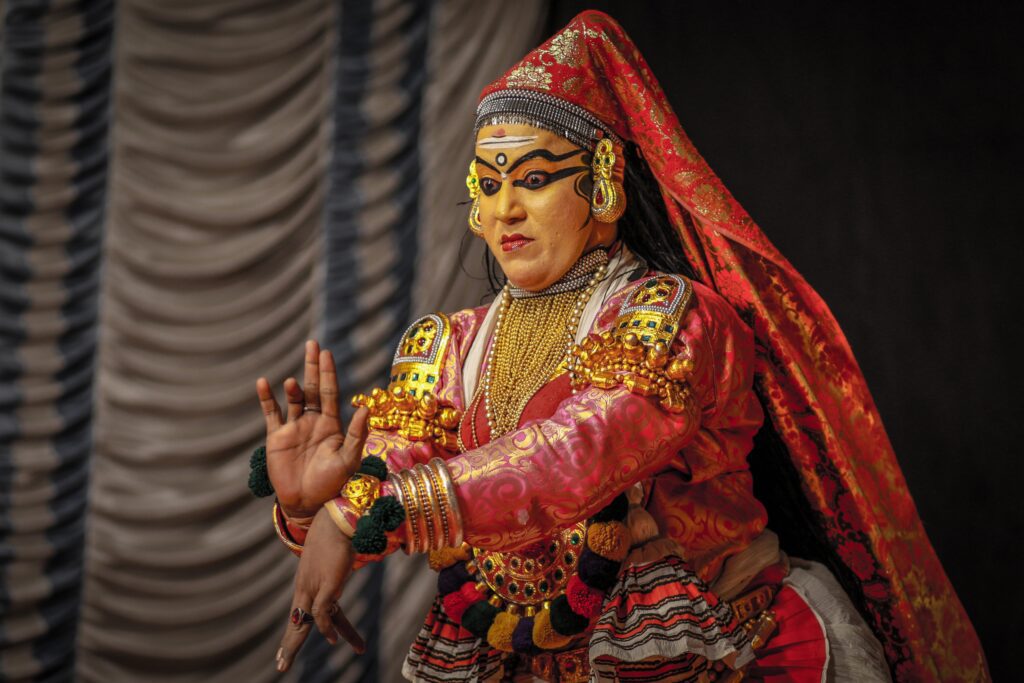
How to Reach Indonesia
The finest ways to get to and around the islands of Indonesia are covered in this section of our guide to Indonesia.
With direct flights from several Australian towns and locations throughout Asia, Bali’s Ngurah Rai Airport and Jakarta’s Sukarno-Hatta Airport serve as Indonesia’s primary international aviation gateways.
The archipelago also contains international airports in Medan, Makassar, Manado, Padang, Surabaya, and Yogyakarta; these airports primarily link to airports in Southeast Asia. Indonesia offers ferry links with Malaysia and Singapore for those arriving by sea.
How to get around Indonesia
Remember that delays can occur on every type of transportation, whether brought on by bad weather, mechanical issues, or a lack of passengers. To reduce stress, it is preferable to keep your schedule as flexible as you can.
In Indonesia, taking the bus is one of the more affordable transportation options. For more considerable distances, there are also tourist shuttle buses. In terms of comfort and security, you might discover that you get what you pay for.
Trains are available in Java and are likely to be more dependable and comfortable than buses. Various short- and long-distance ferry services connect Indonesia’s neighboring islands. The nearby Pelni office has up-to-date route information you may check out and purchase tickets.
Inter-island travel inside Indonesia may be quicker and more affordable with domestic aircraft. The state-owned Garuda and Air Asia are the most reputable airlines, which operate various internal and international flights.
Best Time to go to Indonesia
The rainy and dry seasons determine when it is ideal to visit Indonesia, yet it might be challenging to identify the difference. It is truer due to climate change, which has already changed seasonal patterns, sometimes shortening and intensifying wet seasons.
November to April are the wettest months in much of the nation (the wettest being January and February), and May through October are the driest. The most expensive season to travel to Indonesia is between mid-June and mid-September, as well as throughout Christmas and New Year, when hotels can be booked entirely for days.
Money and Banks
The rupiah (abbreviated “Rp”) is the official currency of Indonesia. There are notes in the following denominations: Rp500 (extremely uncommon), Rp1000, Rp5000, Rp10,000, Rp20,000, Rp50,000, and Rp100,000. Coins appear in the following denominations: Rp25 (rare), Rp50, Rp100, Rp500, and Rp1000. Rupiah is legitimately usable outside of Indonesia. However, few banks do so because of the unstable value of the currency.
In Indonesia, you may find banks that can handle foreign currency in provincial capitals and larger cities. These typically take at least one from Visa, MasterCard, or Cirrus-Maestro. Almost every town also has one or two ATMs, and most Indomaret and Alfamart convenience stores also have ATMs.
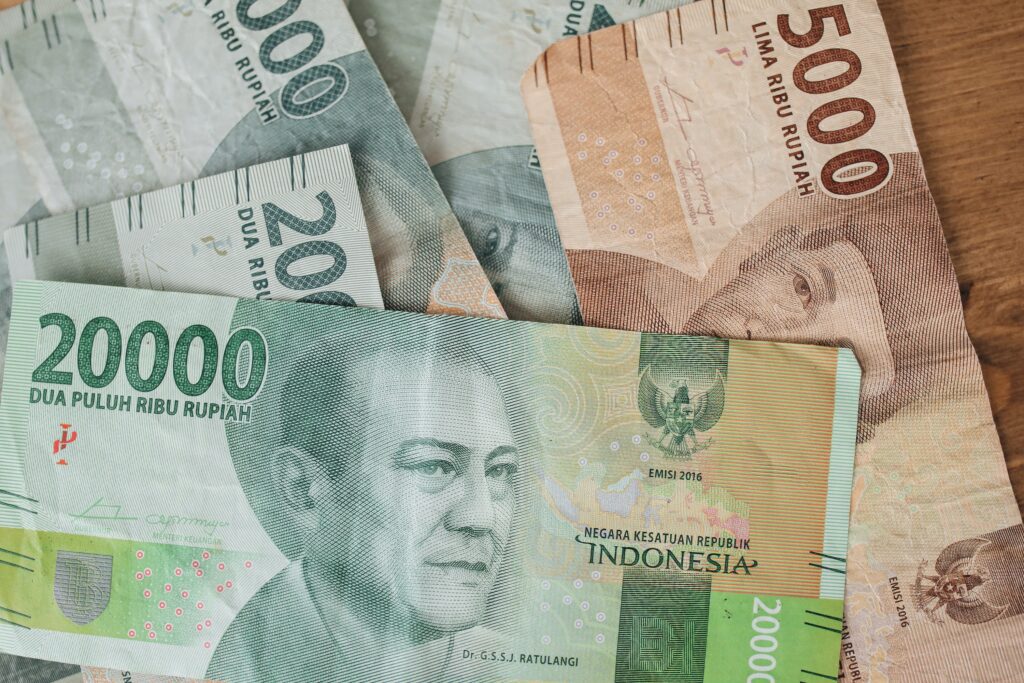
Medical Care and Emergencies
There is a public hospital in most large cities and towns (Rumah Sakit). In other areas, private hospitals, many of which run an accident and emergency department, are added to the public hospital system. Many medications can be acquired from pharmacies (apotek or apotik) without a prescription, but if you require a dentist (doctor Gigi) or doctor (doctor) who speaks English, ask for assistance at your lodging or the neighborhood tourist information center.
Your home or Singapore, which has Asia’s most outstanding medical facilities, will need to be evacuated if you experience a catastrophic accident or illness. Therefore, arranging health insurance before traveling to Indonesia is essential.
Crime and Safety
Given the size of Indonesia and the enormous number of tourists from throughout the world, incidents involving Foreigners are uncommon. But because it happens, don’t flaunt pricey jewelry, watches, or computer equipment. Pickpockets on ferries, buses, or bemos typically work in tandem; one will attempt to divert your attention. Avoid drug use in Indonesia at all costs; the penalties are severe, and the consular staff isn’t going to be sympathetic.
Accommodation in Indonesia
Prices for the most basic double room start at roughly $5 (more in touristy places like Bali), and prices in all categories are highest from mid-June to August, as well as in December and January. Homestays and hostels cater to the lower end of the accommodation sector in Indonesia. Losmen, Pondok, and wisma are all family-run businesses, while penginapan, or inns, are frequently just extra beds in the family home. The rooms range from whitewashed concrete cubes to artistic bamboo buildings; some are even in private walled gardens. Hard beds and bolsters are the standards, and you could get a thin blanket.
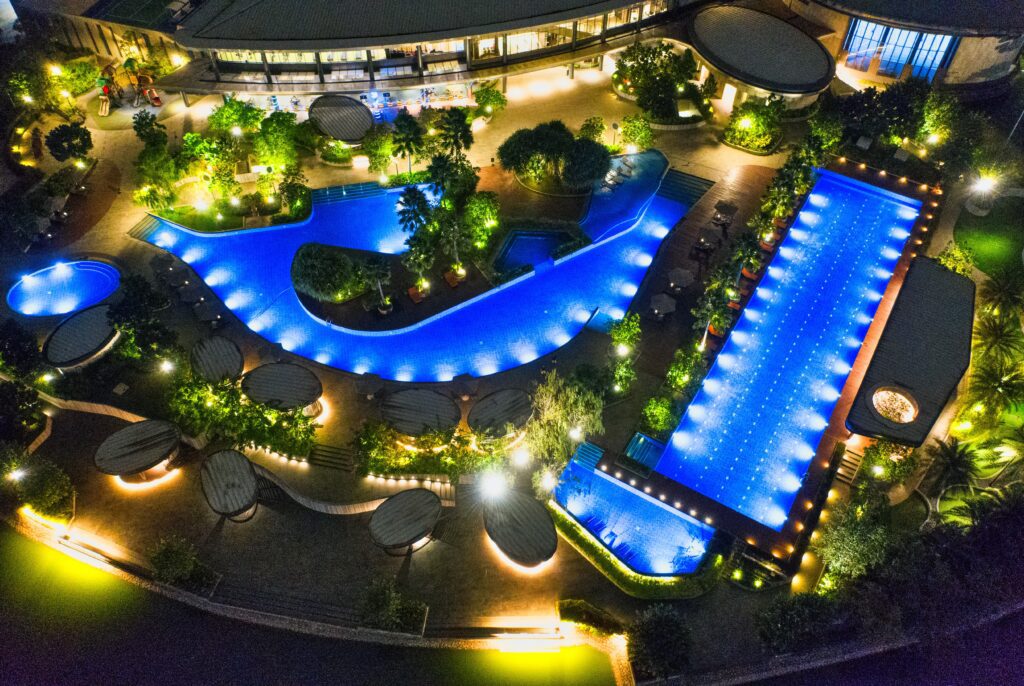
You can find yourself sleeping in a bed at a family house in distant, rural Indonesian villages without formal lodgings. First, get the Kepala DESA’s or local police’s approval (village head). At the very least, you should provide $2 in cash or practical items, such as rice, salt, cigarettes, or food, in exchange for lodging and meals.
Food and Drinks in Indonesia
Despite its initial lack of variety, Indonesian cuisine contains a wealth of regional specialties from around the archipelago and beyond. Outside Indonesia, kitchens have absorbed elements of Chinese, Middle Eastern, Malay, Indian, and Polynesian food.
Noodles are a popular alternative to the preferred staple of rice. In this predominantly Muslim nation, chicken, goat, and beef are the most common meats. However, plenty of pork options are available in Christian areas, and seafood predominates in coastal restaurants. Numerous eateries have a few vegetarian options, such as cap cay (fried mixed veggies), tahu (tofu), and tempe (pressed, fermented soybeans), a specialty of Java.
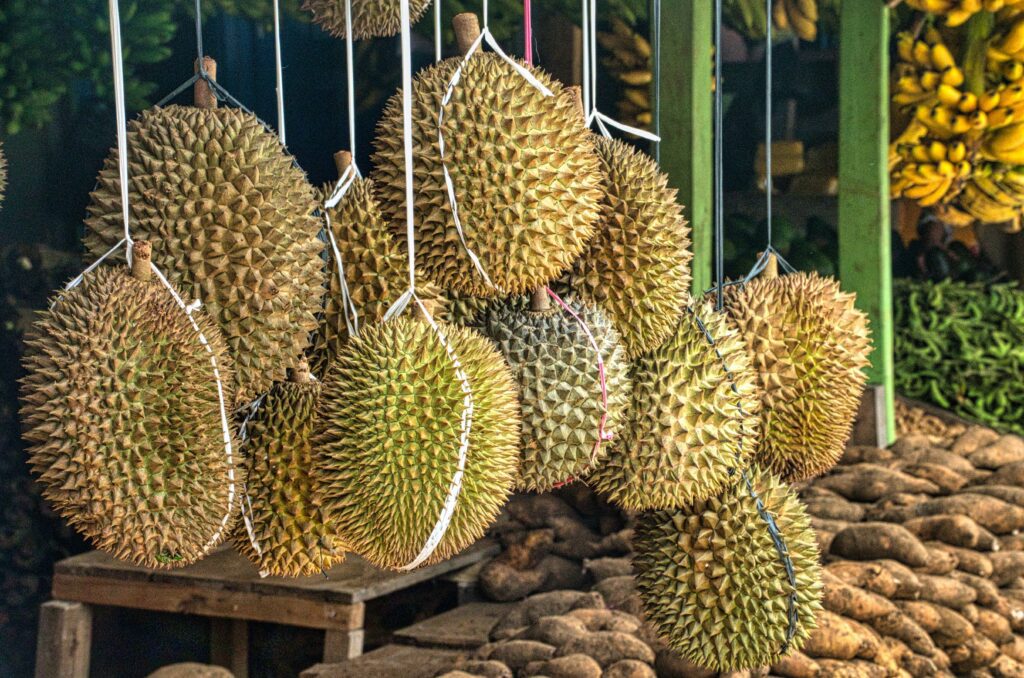
It’s okay to be concerned about alcohol in Indonesia’s cities, although public intoxication can result in significant problems. Be cautious when consuming spirits because they are less common and may even be prohibited. Anker and Bintang, two beers brewed locally, are widely accessible. However, home-brewed beverages are frequently offered for sale in villages.

Activities in Indonesia
Most tourists who travel to Indonesia do so to enjoy the ocean, whether they surf across the waves or go diving and snorkeling. There are many hiking and riding options inland, including volcanic hikes, wildlife viewing in national parks, and cycling through verdant countryside.
- Diving
- Surfing
- Trekking
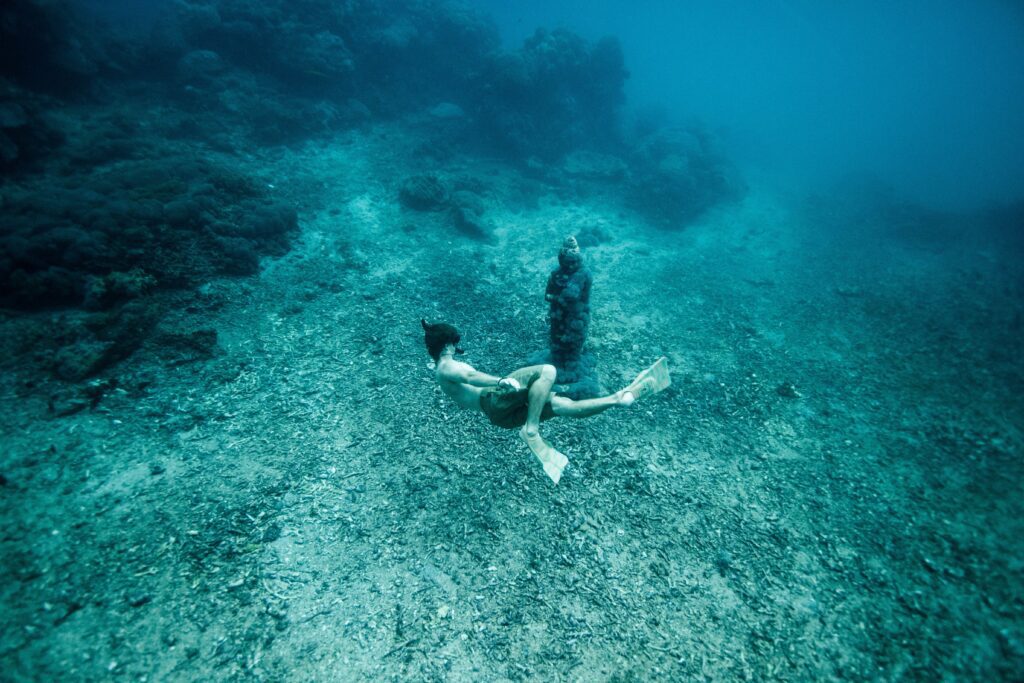
Culture of Indonesia
Although Indonesia has the largest Muslim population in the world, ancient animist beliefs and centuries of contact with other religions, including Buddhism, Hinduism, and others, have significantly impacted how Muslims are practiced throughout the island. As a result, Islam in Indonesia has always been protected from the more austere, exclusivist doctrines of several Middle Eastern regimes. By the Pancasila state doctrine, which accords adherents of all religions equal rights, most Indonesians remain open and accepting.
There are disparities within provinces despite regional variations in accepted social norms, with Aceh among the most conservative and Bali, the most liberal. Avoid offending others by dressing conservatively when visiting religious places outside significant tourist destinations.
